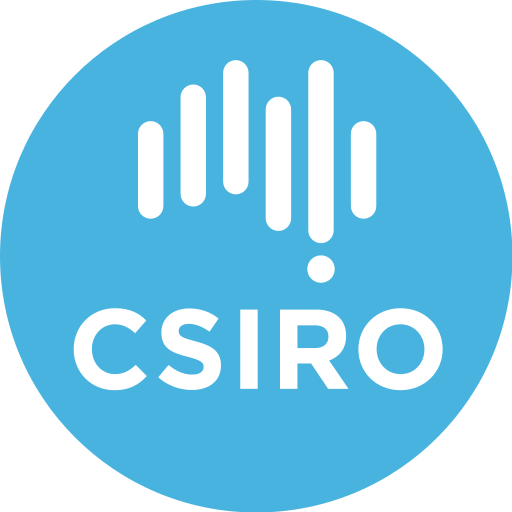Contact for the resource
James Cook University - School of Tropical Studies and Geography
1 record(s)
Type of resources
Topics
Keywords
Contact for the resource
Provided by
Formats
Update frequencies
Status
draft
-
This study trialled community-based catch-monitoring strategies for dugongs and green turtles in two communities (Hammond and Thursday Islands) in the Kaiwalagal region (inner islands) of Torres Strait. Hunters completed datasheets after each hunting trip and these were collected weekly by Indigenous catch-monitors employed on the project. The catch-monitoring program was evaluated in terms of the reliability of the informaition collected and the suitability of the method to the communities. The information collected included biological information about the composition of the catch (e.g. sex ratio, size distribution, reproductive status), selectivity of the green turtle catch, catch-effort, catch-gear and the uses for which dugongs and turtles were hunted. The participating communities can use the information in future management of dugongs and green turtles in their communities.
